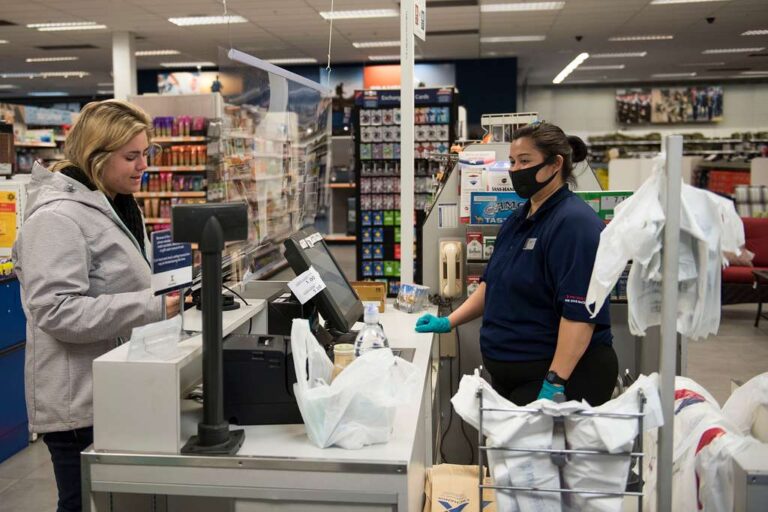New York City’s Transport Workers Union Local 100 is holding a contest for the photo capturing the NYC train car with the most litter. The contest, whose winner will receive a $500 reward, is intended to draw attention to recent cuts to subway cleaner jobs. Meanwhile, the Wall Street Journal reports that 10,000 members of the union are prepared to protest outside the MTA’s headquarters in lower Manhattan on Oct. 30, in an effort to jumpstart stalled contract negotiations. The union and the MTA have been negotiating since May, 2019, when the union’s last contract expired. The transit authority faces a predicted budget deficit of hundreds of millions of dollars within a few years, and is poised to undergo a restructuring that could cut as many as 2,700 jobs. Still, the MTA recently announced that it will be hiring 500 new police officers, causing the union to question the necessity of cuts to union jobs and the authority’s claim that financial constraints have reduced its flexibility at the bargaining table. The union is barred by state law from striking.
The Chicago Teacher’s Union plans to continue its strike through the rest of this week, and possibly longer. The union will rally around Chicago’s City Hall during Mayor Lori Lightfoot’s first budget address, on Wednesday, Oct. 23. The union has also asked teachers around the country to participate in a national day of action on Thursday, Oct. 24, by wearing red and posting messages of support on social media. On Tuesday, presidential candidate Elizabeth Warren joined CTU members at a picket line in the city’s South Austin neighborhood.
Economist Robert Shiller argues in Talking Point Memo that inflation, and efforts to explain it, can foster antipathy towards labor unions. Shiller tracks acceptance of an economic theory that he calls the “wage-price spiral,” which describes a process by which unions demand higher wages, causing management to raise the prices of goods sold to consumers, causing unions to demand higher wages, causing, as the process repeats, out-of-control inflation that impoverishes non-unionized workers. Shiller draws on his own research to argue that in the 20th century, the “wage-price spiral” theory gained popularity during periods of high inflation (although not among economists), and that its popularity fueled public resentment of organized labor.
Steven Greenhouse, a former labor and workplace reporter for the New York Times, argues in The American Prospect that workers need to be included in discussions about new technologies and what they mean for the future of work. Greenhouse points to the Culinary Workers Union Local 226, in Las Vegas, as a promising example: the union and hotel casinos have agreed to create a committee to study how employees can be trained to work with, rather than be replaced by, new technologies.






Daily News & Commentary
Start your day with our roundup of the latest labor developments. See all
November 6
Starbucks workers authorize a strike; Sixth Circuit rejects Thryv remedies; OPEIU tries to intervene to defend the NLRB.
November 5
Denver Labor helps workers recover over $2.3 million in unpaid wages; the Eighth Circuit denies a request for an en ban hearing on Minnesota’s ban on captive audience meetings; and many top labor unions break from AFGE’s support for a Republican-backed government funding bill.
November 4
Second Circuit declines to revive musician’s defamation claims against former student; Trump administration adds new eligibility requirements for employers under the Public Service Loan Forgiveness program; major labor unions break with the AFGE's stance on the government shutdown.
November 3
Fifth Circuit rejects Thryv remedies, Third Circuit considers applying Ames to NJ statute, and some circuits relax McDonnell Douglas framework.
November 2
In today’s news and commentary, states tackle “stay-or-pay” contracts, a new preliminary injunction bars additional shutdown layoffs, and two federal judges order the Trump administration to fund SNAP. Earlier this year, NLRB acting general counsel William Cowen rescinded a 2024 NLRB memo targeting “stay-or-pay” contracts. Former General Counsel Jennifer Abruzzo had declared that these kinds […]
October 31
DHS ends work permit renewal grace period; Starbucks strike authorization vote; captive-audience ban case appeal